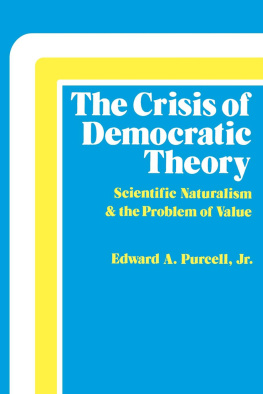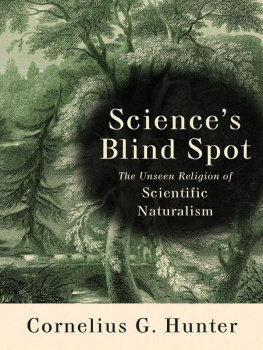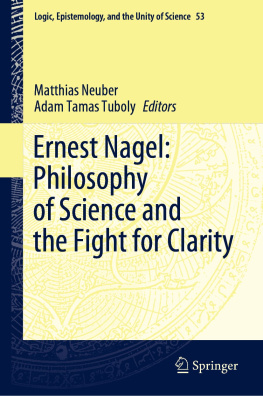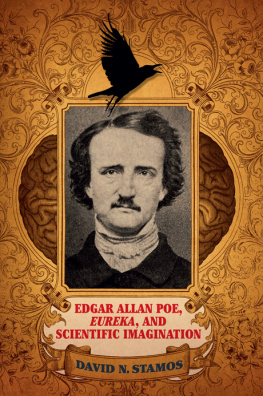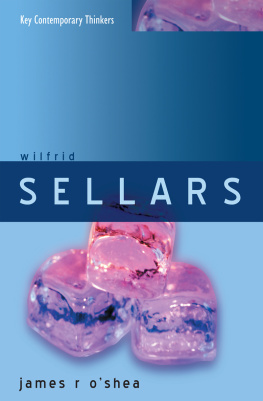Publication of this volume was made possible in part by a grant from the National Endowment for the Humanities.
Copyright 1973 by The University Press of Kentucky
Scholarly publisher for the Commonwealth, serving Bellarmine University, Berea College, Centre College of Kentucky, Eastern Kentucky University, The Filson Historical Society, Georgetown College, Kentucky Historical Society, Kentucky State University, Morehead State University, Murray State University, Northern Kentucky University, Transylvania University, University of Kentucky, University of Louisville, and Western Kentucky University.
All rights reserved.
Editorial and Sales Offices: The University Press of Kentucky 663 South Limestone Street, Lexington, Kentucky 40508-4008
02 03 04 05 06 11 10 9 8 7
ISBN: 0-8131-0141-7
Library of Congress Catalog Card Number: 72-91669
This book is printed on acid-free recycled paper meeting the requirements of the American National Standard for Permanence in Paper for Printed Library Materials.
Manufactured in the United States of America.
for Sallee
for every reason
Preface
Although this book does not discuss the problems of racial conflict in the United States, it grew out of a commitment to what in the early sixties was called the Civil Rights Movement. Engaged in debate and action that assumed certain fundamental and democratic moral beliefs, I became increasingly curious about their rational foundations as ethical propositions. That philosophical concern gradually directed my historical interest toward the period of the thirties, when Americans confronted the moral and intellectual challenge that European totalitarianism posed to traditional democratic ideals. Slowly the studys center of gravity shifted from a philosophical examination of political theory itself to a wider analysis of certain major ideas and attitudes that many twentieth century intellectuals shared. The problem of the rational, ethical foundation of democracy remained the central issue, but the scope broadened to become more specifically historical. Still, for those who find the distinction meaningful, the study is perhaps more a history of ideas than an intellectual history. It is, as one of my teachers would have called it, a work on a rarefied level; unfortunately, he would not necessarily have meant rare in the sense of valuable, but only in the sense of theoretical.
I should hasten to add at this point that I am not assuming that by themselves either ideas or their logical implications are determinative historical forces. The present work does assume, however, that ideas have practical significance as they subtly interplay with human hopes and values, social institutions, and important historical events. Just as those things help create and color ideas, the ideas help interpret them and give them their human meaning.
The present study deals with social scientists and legal scholars especially, with philosophers and educators, and to a lesser extent with mathematicians, scientists, and historians. Conspicuous by their absence are literary figures, artists, and radical or Marxist intellectuals. There are two reasons for their absence. First, historians have already studied them in great detail and often with great insight. In fact, historians have largely written the intellectual history of twentieth century America through the study of one or more of those groups. Important as they are, they are only parts of a larger whole, which demands a certain rebalancing. Second, perhaps the most significant social development that impinges on the intellectual life in contemporary America has been the academic institutionalization of men of ideas. During the period encompassed by this work, from the second to the seventh decades of the present century, the recognized leaders of thought have increasingly been professionally trained university graduates, most of whom retained some close connection with the academies. Though my concern is not primarily to study institutionalization and professionalization as such, it nevertheless seems useful and necessary in examining American thought in the twentieth century to focus in large part on the attitudes and assumptions of professional scholars.
Concerned with the theoretical problem of the rational, ethical basis of democracya problem that does not draw the attention of everyone, I have assumed that anyone who dealt in any coherent (and written) way with relevant ideas was an intellectual. More specifically, examining the attitudes of academic scholars, I have assumed that anyone who wrote for any professional journal was an intellectual. In short, I have used the term in a very broad sense, often merely as a convenient collective label, but have retained the implicit and subjective qualitative judgment that intellectuals as a group meet some minimum standard of serious and critical thought. I doubt whether any sharper definition is possible or useful, at least for the present purposes.
As my subject matter broadened from philosophy to include law and the social sciences, so too the chronological period unavoidably expanded. The conflicts of the thirties seemed to point back to the years around 1910, though obviously the origins of the intellectual issues could be traced to the nineteenth century or even as far back as the early seventeenth century. Practically, however, the end of the first decade of the present century appeared the most relevant place to start. First of all, most of the detailed historical writing on law, philosophy, and social science tails off somewhere during the decade between 1910 and 1920, with World War I often serving as the stopping point. Profiting from that work it was possible to start where previous scholarship had tended to finish. Second, and more important, gradually between about 1900 and 1920 there was a significant change in the attitudes of philosophers, social scientists, and legal scholars. Clearly growing out of the ideas of the earlier period, but nevertheless quite distinct from them, a new intellectual orientation dominated the period from about 1910 through the middle thirties. It was with those new attitudes and assumptions that most American intellectuals confronted the theoretical problems raised in the late thirties.
Finally, my material forced me to go beyond what had originally seemed a logical stopping point, American entry into World War II. As my research reached the late thirties and early forties, it soon became obvious that the war changed the context of the dominant ideas but did not mark their end. Most of the assumptions that characterized the thirties remained vividly alive, though subtly altered. The historical result of the intellectual conflict of the thirties resided principally neither in the confused foreign policy debates at the end of that decade nor in the war fought at the beginning of the next. Instead it lay in the conceptual assumptions that came to pervade American thought in general and the social sciences in particular during the twenty-year period after the war. It was necessary then to move the concluding point from the mid-forties to the mid-sixties. Though the attitudes formed clearly did not disappear even then, the mid-sixties appear from the present vantage point to have ushered in a new set of conditions and a new cluster of ideas that distinguish the present period from the era that extends back to the mid-thirties.
Perhaps the most satisfying part of finishing such a study is the opportunity to thank the many people who helped to make it possible. E. David Cronon, Merle Curti, Lane Davis, Kenneth Dolbeare, J. Rogers Hollingsworth, and Samuel Merman offered many valuable comments on an early version of the manuscript prepared at the University of Wisconsin. My fellow graduate students, Harry H. Dawson, Richard Magumo, Gregory Mueller, Walter Meyer, John Murray, and D. Harold Nelson provided a stimulating intellectual environment. I am deeply indebted to my colleagues at the University of California, Berkeley, and the University of Missouri, Columbia, for their generous and perceptive criticisms, especially to Gerard Clarfield, Samuel Haber, Richard S. Kirkendall, Paul C. Nagel, Hannah Pitkin, Walter V. Scholes, David P. Thelen, William M. Wiecek, and Ronald Yank, all of whom read parts of the manuscript and helped eliminate some of the more egregious errors. John J. Brickes careful reading aided immeasurably in bringing a degree of logical clarity to the argument.

